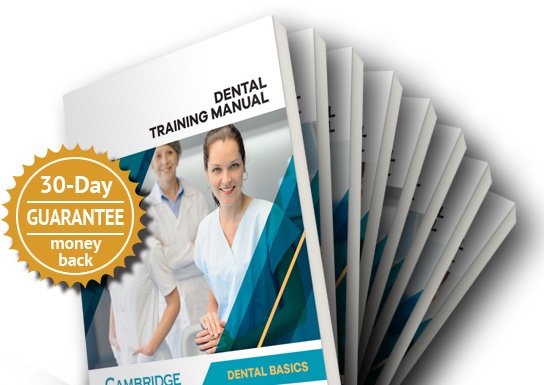Dental Consultant Staff Hiring Protocol
1. Typically practice owners do not have or do not follow an effective hiring protocol as they are often in a hurry. Many successful practice owners follow the maxim “Hire slow, fire fast”. By doing so you increase the probabilityof hiring a “good employee”.
2. Hire for ATTITUDE is hiring Golden Rule #1. The right attitude cannot be taught. Everything else can be.
3. Interviews only give you an “outer-view”. You won’t really know if you have a winner until you see the employee in action over a period of time. If the employee does not meet expectations within 90 days, dismiss and start over again. You might have to do so multiple times until you get your “good employee”.
4. Employees need to be smart. Test final candidates. Many successful practice owners use the Wonderlic Test
5. Background checks and a credit history can reveal:
Criminal history but, do not be concerned with a jaywalking ticket or other minor issues especially from years ago.
Jobs not listed by the applicant on their resume or application can show up on a background check. If the applicant omits listing previous employment this begs the question, “Why did the applicant omit certain past job positions?”
Credit reports can reveal precarious financial situations but, credit reports are often inaccurate and can include negative credit from a spouse so keep that in mind.
Do not run a background and credit check on every applicant. Credit checks can be limited to only those handling money. Only do background and credit checks on your final candidate(s). Your employment application should include permission to do so. Many use SurePayroll Pre-Employment Screening
6. There is no such thing as a “working interview”. If the applicant works for you, even for an hour, they are an employee and must be paid as an employee. If you do not want the applicant to be considered an employee, even for an afternoon, do what is known as skills testing or skill assessments A few bullet points on skill testing/assessments:
• Time spent cannot primarily benefit the practice.
• No production can be performed including on other employees if staff have dental work as a benefit already.
• The potential employee can't be replacing anyone, even temporarily.
• You can't offer any compensation. Not even a gift card.
• Try to limit to 2-3 hours.
For DAs and RDH a 2-3 hour "clinical interview" is critical asyou can quickly assess the applicant’s skills. For example, with a DA, you can have the applicant take bitewings on yourself and take an impression and make a temporary crown on a prepped tooth model. You can determine how gentle they are, how they deal with pressure and if they can think on their feet or not.
Sample interview questions for DAs.
Favorite procedure?
Skills you’d like to learn?
Do you enjoy presenting treatment?
What do you like most about being a DA?
What expanded duties did you do at Dr. ______'s office?
What brands/kinds of cements/bonding materials are you familiar with?
Per OSHA regulations how do you sterilize instruments?
How do you handle a patient who shows signs of being afraid?
How do you handle a patient who is in pain ?
Which dental software have you worked with?
7. Keep your eyes open as there are good people everywhere especially true of customer service people such as bank tellers. They will require training but that is often the better option.
8. Don’t interview people with unrealistic salary and benefit expectations.
9. Want ads: Do not list salary, etc. If too low, you might scare off some good prospective employees. Examples of recommended wording:
Salary based on experience.
Compensation based on experience, plus a comprehensive benefits package.
Strong base pay plus a lucrative production bonus plan.
10. Ask behavioral type questions in the interview: What big goal have they set and accomplished? Ask them about their job history. What did they like most about their last job? What did they like the least? Why? Get them to give you specifics about both to see if they will complain or criticize their previous employer or do they concentrate on the positives.
11. Go over the concept of an employee producing a result. For example, one of the results of a scheduler is that patients arrive on time for the proper amount of time; not just a name in the schedule. Then ask them what results they produced on their previous job(s). You may have to help them out on being specific by guiding them but, not putting words in their mouth.
12. Find out what they think about dentistry. Have they been good about their own dental health? It's amazing to see how many people applying for a job at a dental office will tell you they "try to avoid going as much as possible" or some such thing.
13. ome practice owners like to have their staff take the best candidate out to lunch and then have the staff give a thumbs up or not. There is a lot to be said for this method as the staff will take more responsibility for the new employee if they have some "skin in the game".
14. f you do not like to hire or interview or are not that good at it then you need to delegate it to an employee who you trust to do a thorough job.

